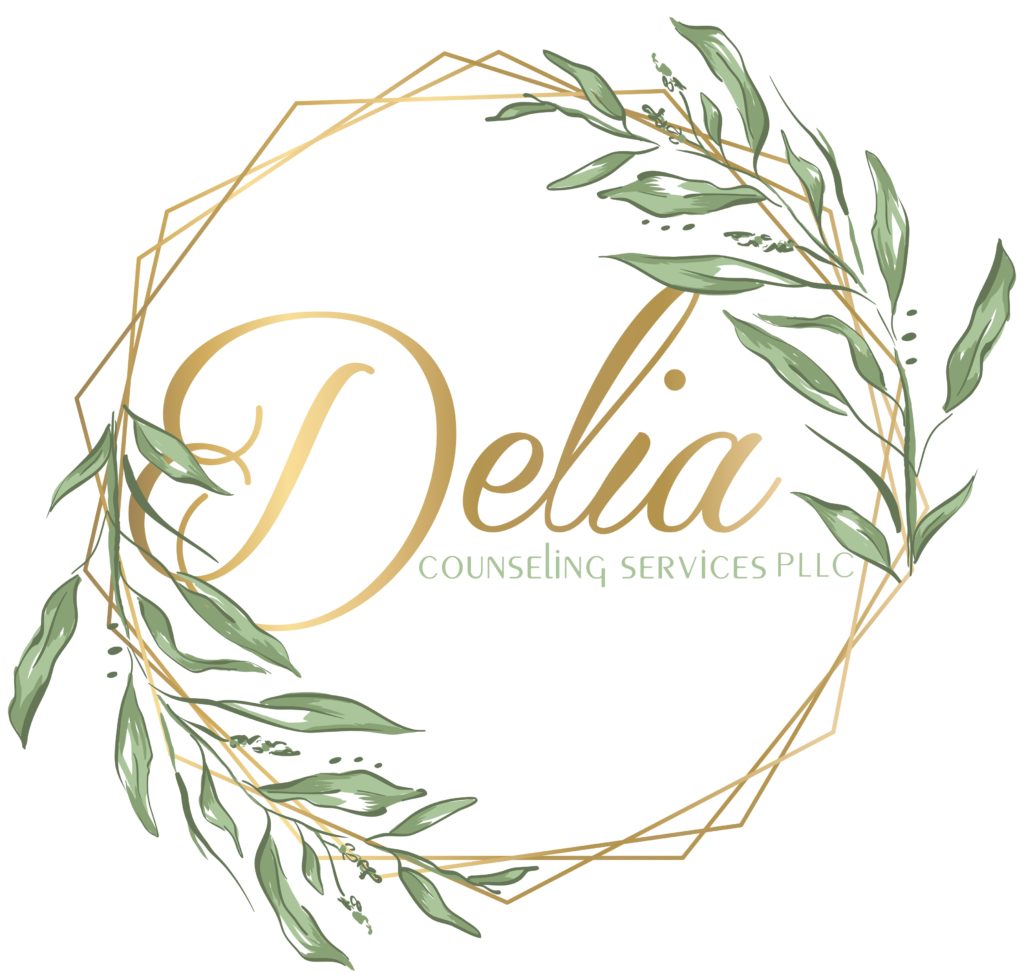Sep 7, 2022 How to Harness Hope When Healing
Instilling Hope through Solution-Focused Therapy for Depression

When you look up the definition of hope, you’ll find that it describes a state of wishfulness but with anticipation—wanting or desiring a certain thing to happen at some point in time. In an older definition, hope is eluded to as a feeling of trust, which I liken to the sense that things will get better, even if they’re not so great right now. These are the moments, I believe, when hope is the hardest to hold on to—when we’re just beginning the journey toward healing.
When we are dealing with intrusive thoughts, feel anxious or depressed, or are experiencing trauma, hope may seem an impossible ideal. Still, even a tiny amount is what is helping to get us through our day as best as we can. So today, no matter what you’re going through, let’s lean into that little bit of hope (or let me hold it for you) and we’ll discover how to grow this possibility within you. The modality of solution-focused therapy for depression has a lot to teach us about hope and can help you discover and access the well of hope already inside you.
The role of hope in healing – Solution-focused therapy for depression
Often, the enemy of hope in our lives isn’t a bad or challenging situation, it’s a lack of imagination to believe that circumstances could be different, and the idea that we’re being “realistic” by not giving into fantasy. But feeling hopeful doesn’t mean you’re denying what you’re experiencing. Hope doesn’t ignore the challenges we face—it’s not ignoring the danger, making excuses, or saying trouble doesn’t exist. Hope is not pretending life isn’t difficult. Hope is recognizing the reality of a situation and finding the best way to cope with it. It is working on the hard stuff, recognizing where in our lives things are going right, believing something better is possible, and showing up as best we can. Hope is the fuel of resilience.
Am I a positive person? A quick hope self-assessment
When we experience hope, it means that we believe in our power to influence the outcome of our life. It means we subscribe to the idea of being an active agent to positively impact our and others’ lives.
So in these moments when we’re struck by anxiety, sluggish from depression, or on edge from the trauma, we’ve experienced, how can we harness hope? Today, we’re asking ourselves these important questions to evaluate the role of hope in healing.

- Do I trust in my capacity to improve my mental health and well-being?
- What percentage of my thoughts center on the past vs. the present vs. the future?
- How can I add space for a possibility during moments that appear to be the most challenging?
- And perhaps most importantly, how does hope help me to make meaning from my struggles, and what does the pursuit of meaning look like to me?
What are the benefits of hope?
In addition to creating a better future, hope makes it easier to endure current hardships. Hope can help us manage anxiety and stress and can help us put up a good fight in the face of adversity. Let hope become a practice, and it can guide us to experience other positive emotions such as courage and confidence. With this mindset, we can take a broader view of our situation. This wide view of our lives can guide us into problem-solving with creativity and having a more optimistic outlook.
Hope connects our present with our future and past, giving us a narrative that gives our life a path and meaning. Our hopes are the threads that bind our lives together, defining our difficulties, victories and failures, qualities and flaws.
How to nurture more hope into your life

Seek out awe-inspiring moments and inspiration. When we are moved by something that we can barely find words to describe, we feel awe. Awe is a profoundly human emotion that creates meaning in our lives. When we experience awe, we are reminded that we are a part of something bigger than ourselves. It makes us slow down, take a moment to think about the critical things in our lives, and deeply connect with ourselves and others. Awe leads us into hope and meaning. There are so many ways to seek it out, too—we can experience awe through music, being in nature, looking at art, or even just crossing off those items on our to-do list. When was the last time you watched the sunset? Can you remember the most beautiful song you’ve ever heard? What can you feel proud of at this moment?
Contribute to a community. A community is more than just our neighbors or the area we live in—it can also include our friends and family members. However you define community, when we give to others, it naturally generates hope within us as well. We may feel more optimistic about our situation as we recognize that we all struggle in our own ways.
Look for the bright spots. An important tenet of solution-focused therapy for depression involves drawing our attention to times in our lives—whether specific situations or particular settings—that we are able to be our best selves. Or at least when we’ve acted in ways that we are proud of. We can use these discoveries to inform how we can be successful in all other parts of our lives.
Seek out help. If you are struggling with severe hopelessness in addition to other symptoms of depression, the best thing you can do is find someone to help you through these challenging moments. If you live in Yakima or anywhere in Washington State, Delia Counseling Services can aid you through solution-focused therapy for depression techniques. Often, clients experience a swell of hope, just by scheduling their first appointment. Reach out today and regain your connection to your life & hope for the future—you deserve it.
How CBT therapy can help you heal and hold on to hope
When individuals are facing physical or emotional challenges, or even overcoming trauma, their hope can be significantly impacted. CBT helps individuals reframe negative thought patterns and beliefs that may undermine hope. By identifying and challenging thoughts like hopelessness, pessimism, or catastrophizing, CBT allows individuals to recognize that their perception of the situation may not reflect reality. Through this cognitive restructuring, they can develop a more realistic and optimistic outlook on their healing journey.
Additionally, CBT provides individuals with practical coping skills to navigate the challenges they encounter during the healing process. This includes techniques for managing pain, anxiety, and depression, as well as strategies to set achievable goals and track progress. As individuals witness their own capacity for change and improvement, their hope can be rekindled. CBT empowers individuals to take an active role in their healing and recovery, fostering a sense of agency and control that is instrumental in maintaining hope and motivation throughout the healing process. By addressing both cognitive and behavioral aspects, CBT helps individuals harness hope as a powerful motivator and source of resilience on their path to healing.
Specializing in therapy for women, Delia Counseling Services provides quality Cognitive Behavioral Therapy (CBT) for self esteem, anxiety, depression, grief and loss, relationship concerns, and life transitions. Susan Delia, LCSW, provides in-person therapy in Yakima, Washington including zip codes 98902 and 98901 and beyond, as well as online therapy across the states of Washington and Florida.


Thriving in the Storm with CBT for Anxiety: Overcoming Anxiety to Feel Capable of Facing Any Situation

Embracing Your Worth: Empowering Women to Overcome Imposter Syndrome in Personal & Professional Realms

Breaking Free: Shielding Yourself & Your Children from Toxic Relationships

Solution-Focused Therapy for Trauma

You’re Not Alone if You Don’t Like New Years Resolutions

Do I Have PTSD?

Overcoming Overthinking: How to be a Balanced Thinker



